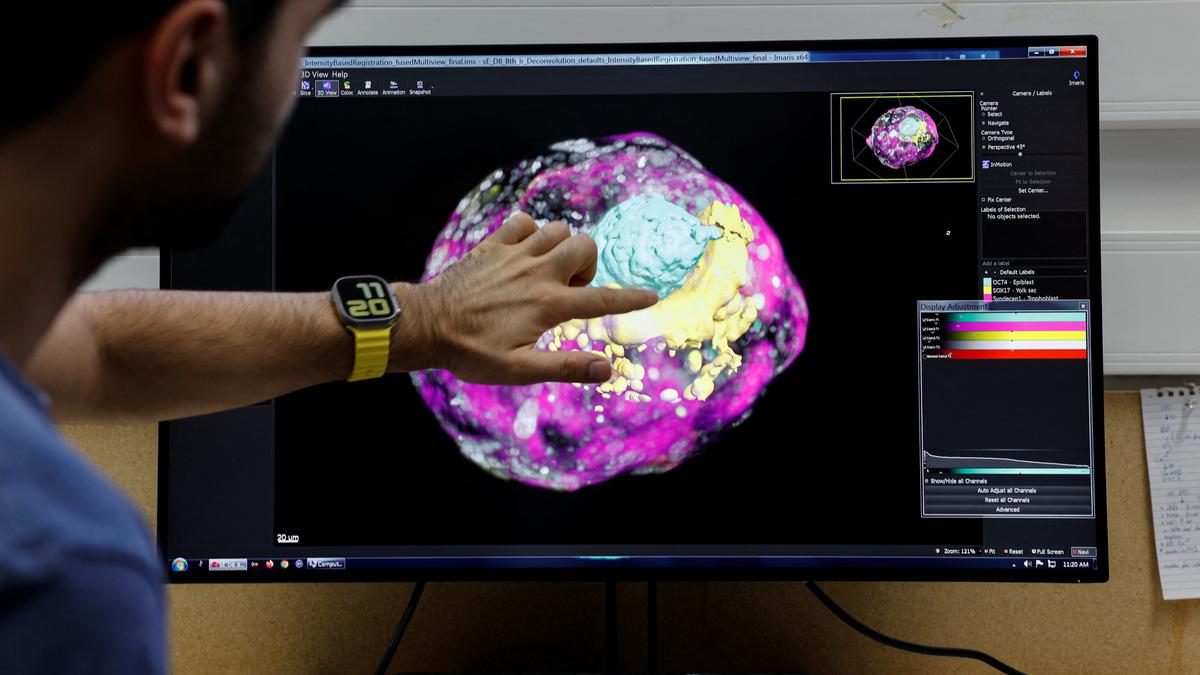Viagra is a boon for people struggling with erectile dysfunction. Originally designed as a heart drug, it was later developed into a successful treatment for erectile dysfunction.
Now, a recent study from researchers at the Cleveland Clinic has found that Viagra or sildenafil, an FDA-approved therapy for erectile dysfunction, can help in treating Alzheimer’s disease. Alzheimer’s disease affects millions of people worldwide but currently there is no effective treatment for it. The neurodegenerative disease is estimated to impact 13.8 million Americans by 2050.
Researchers analyzed a database of claims for more than seven million patients in the US. They found that sildenafil was associated with a 69% reduced incidence of Alzheimer’s disease. After six years of follow-up, sildenafil users were 69 percent less likely to develop Alzheimer’s than those not taking this medication.
Researchers say that since the new drug development is a time taking and costly process, the pharma industry has turned to repurposing the already approved drugs. The team of researchers at Genomic Medicine Institute at Cleveland was studying subtypes of neurodegenerative diseases to find and validate FDA-approved drugs as potential therapies.
To further test their findings, the team created model cells of Alzheimer’s disease in the lab using stem cells to treat them with sildenafil. The team found that the high doses of the drug increased brain cell growth and reduced protein accumulation in lab studies of human tissue.
Scientists caution that more work will be needed to know whether this drug can indeed lower the risk for Alzheimer’s disease before people start taking sildenafil for the treatment of this disease.
Dr. Jack Auty, lecturer in the Medical Sciences at the University of Tasmania, said: “In the field of Alzheimer’s disease research, we have been excited by many drugs over the years, only to have our hopes dashed in clinical trials. I will be following this research group and the research around sildenafil closely.”







